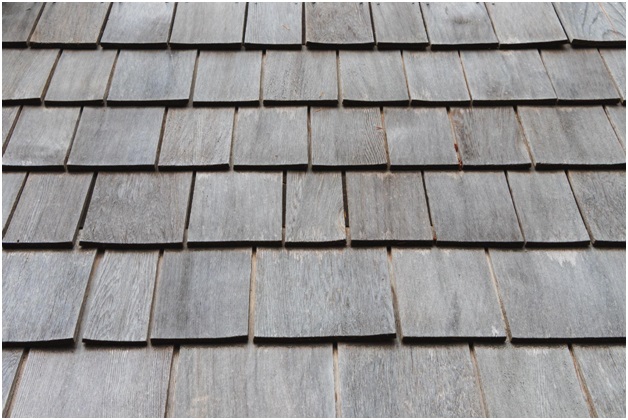When it comes to home improvement projects, replacing a roof is often considered a significant undertaking. However, homeowners and businesses may find themselves wondering whether it is feasible to replace their roof during the winter season. The colder temperatures, snowfall, and other winter conditions can present challenges, but with careful planning and the right precautions, Arizona industrial roof repairs and replacements can be done successfully in the winter.
One of the main concerns with replacing a roof in winter is the effect of cold temperatures on roofing materials. Asphalt shingles, which are the most common roofing material, can become brittle and more prone to cracking in colder weather. This can make installation more challenging, as handling the shingles may require extra care to prevent damage. Yet, modern asphalt shingles are designed to withstand a wide range of temperatures, including cold weather. Professional roofing contractors are equipped with the knowledge and tools to handle roofing materials in cold conditions, ensuring a proper installation.
Snow and ice accumulation can also pose challenges during a winter roof replacement. Before starting the project, it is crucial to remove any existing snow or ice from the roof. This not only provides a safe working environment for the roofing crew but also allows for a thorough inspection of the roof’s condition. It is essential to address any underlying issues, such as leaks or damage, before installing the new roof. Additionally, roofing contractors may use specific techniques, such as using ice and water shields or installing heated cables, to prevent the formation of ice dams and protect the roof from winter weather.
One advantage of replacing a roof during the winter is the availability and scheduling flexibility of roofing contractors. Since the demand for roof replacements tends to be lower in winter, contractors may have more availability and can complete the project in a shorter time frame. Ofcourse, it is important to note that weather conditions can still impact the timeline of the project. Severe winter storms or prolonged periods of frigid temperatures may delay the installation process, but experienced contractors will monitor the weather closely and make necessary adjustments to ensure the project’s success.
Homeowners may also have concerns about the insulation and energy efficiency of their homes during a winter roof replacement. While it is natural to worry about heat loss during the installation process, professional roofers take precautions to minimize any potential impact. They will work on one section of the roof at a time, ensuring that the rest of the house remains properly sealed. Furthermore, proper insulation and ventilation are crucial to maintaining energy efficiency and preventing ice dam formation. Replacing a roof provides an opportunity to upgrade insulation and ventilation systems, which can improve the overall energy efficiency of the home.
Before embarking on a winter roof replacement project, it is essential to consult with professional roofing contractors. They have the expertise to assess the feasibility and potential challenges specific to your home and location. A thorough inspection will help identify any pre-existing issues and determine the best course of action for a successful roof replacement.
To summarize, while replacing a roof during the winter season comes with its challenges, it is certainly possible with proper planning and precautions. Professional roofing contractors are experienced in handling the unique demands of winter installations, ensuring that the new roof is installed correctly and can withstand the cold temperatures. In truth, every case is different, and it’s important to follow the advice of professional roofers as to whether a roof replacement is possible given the current conditions!
